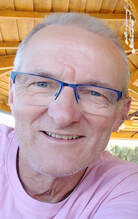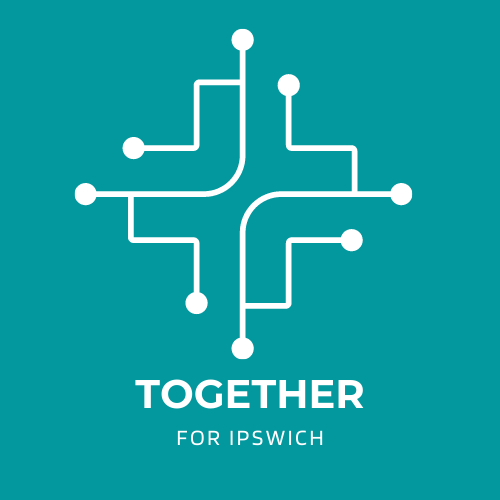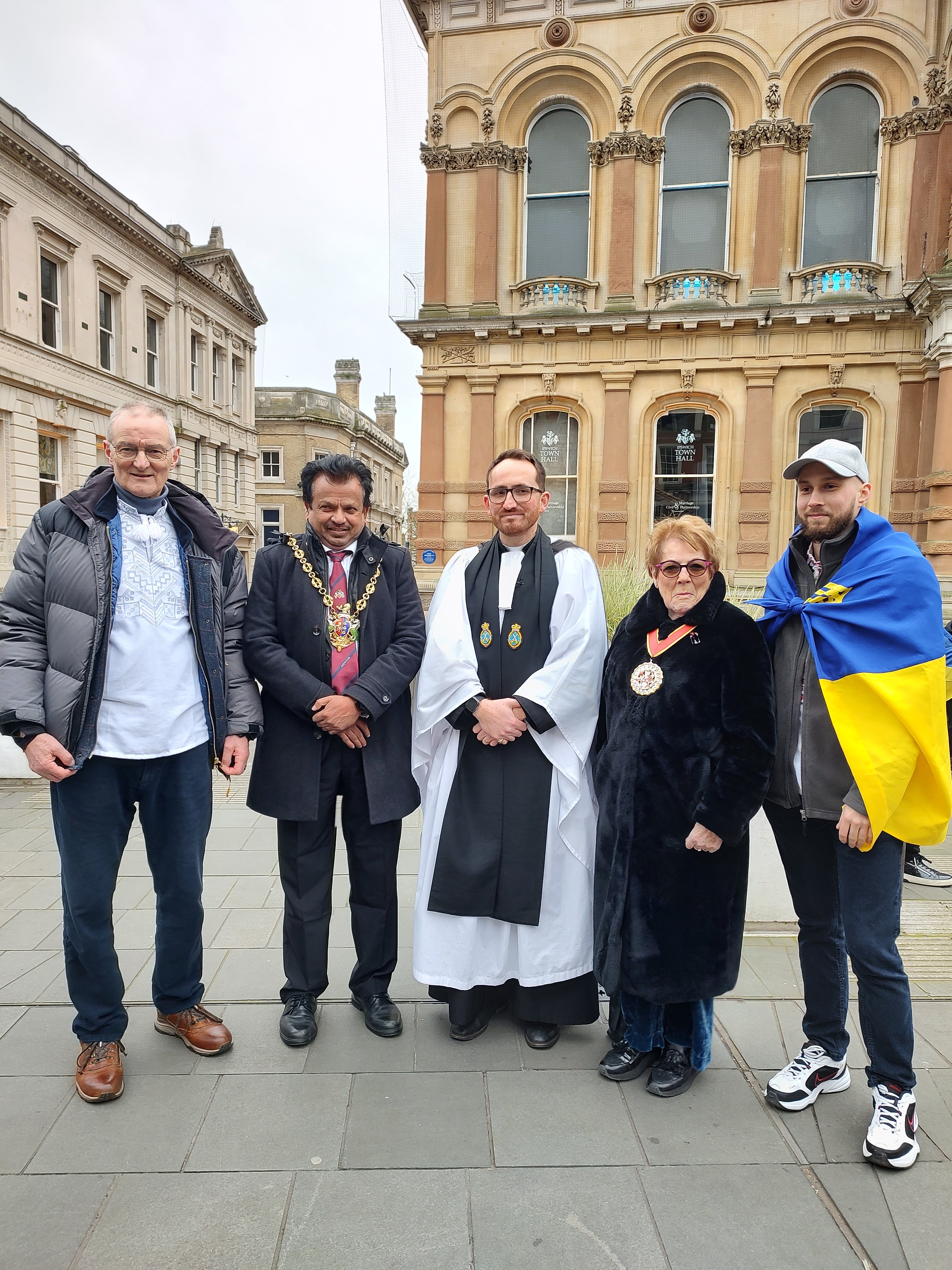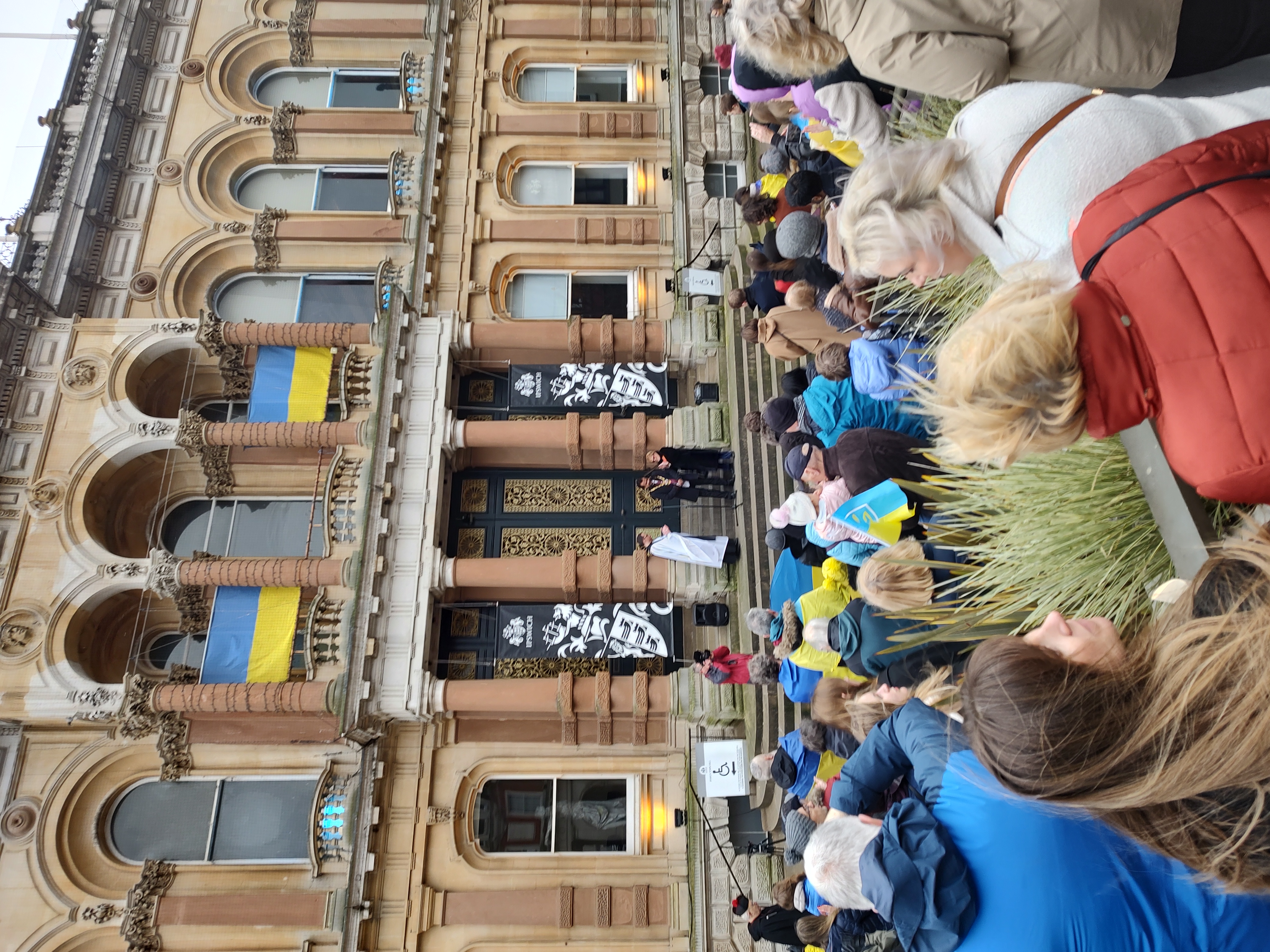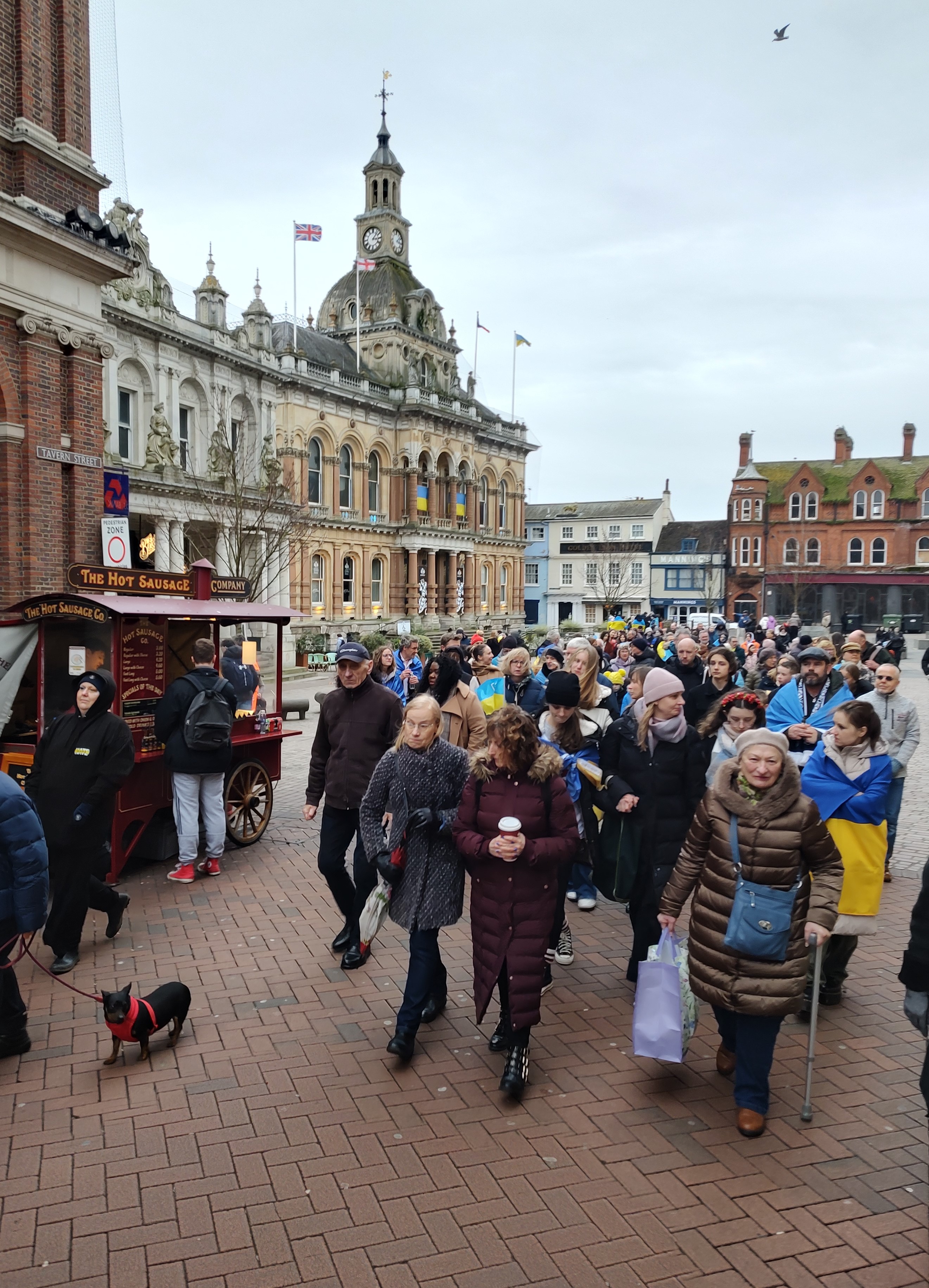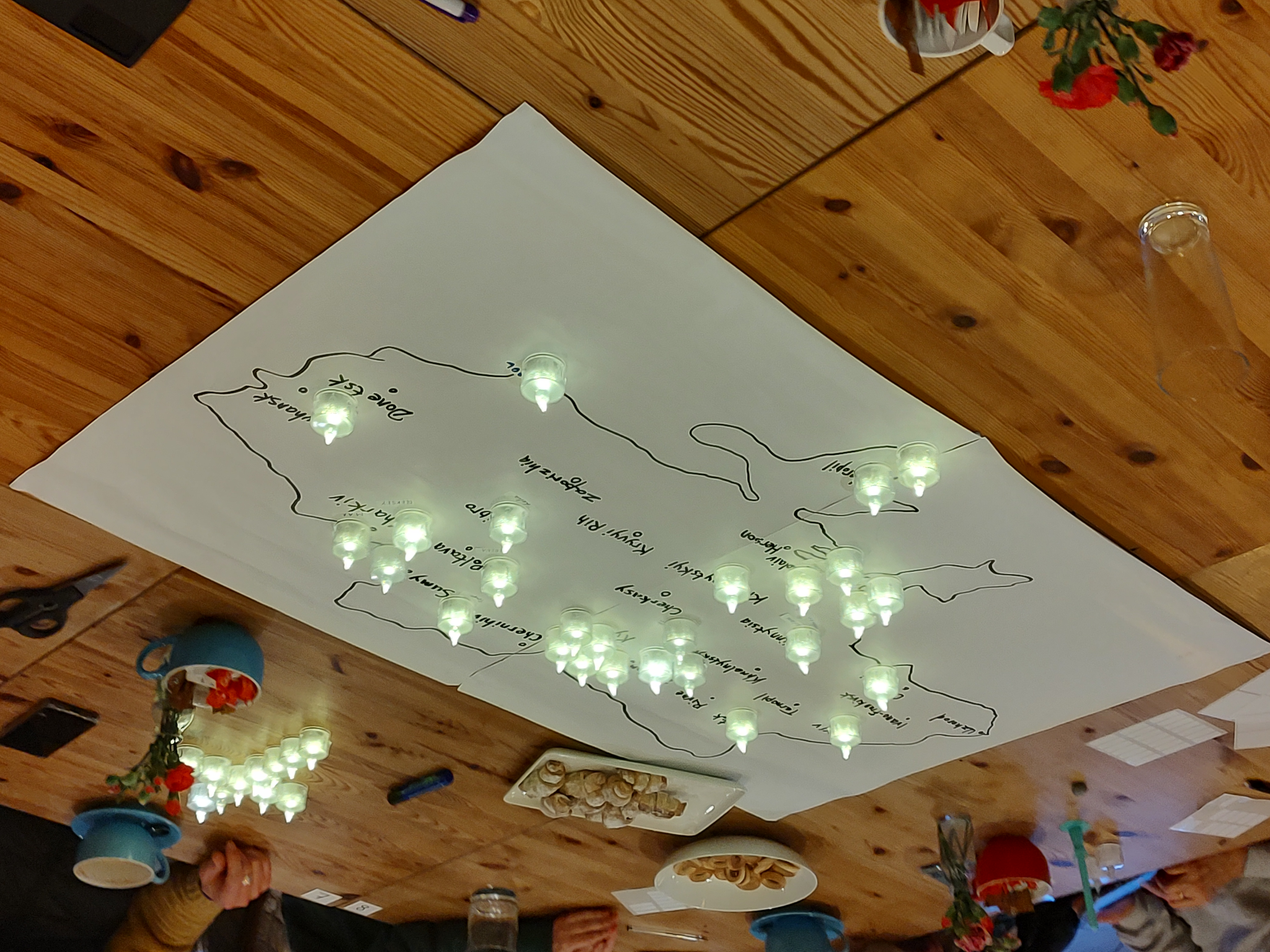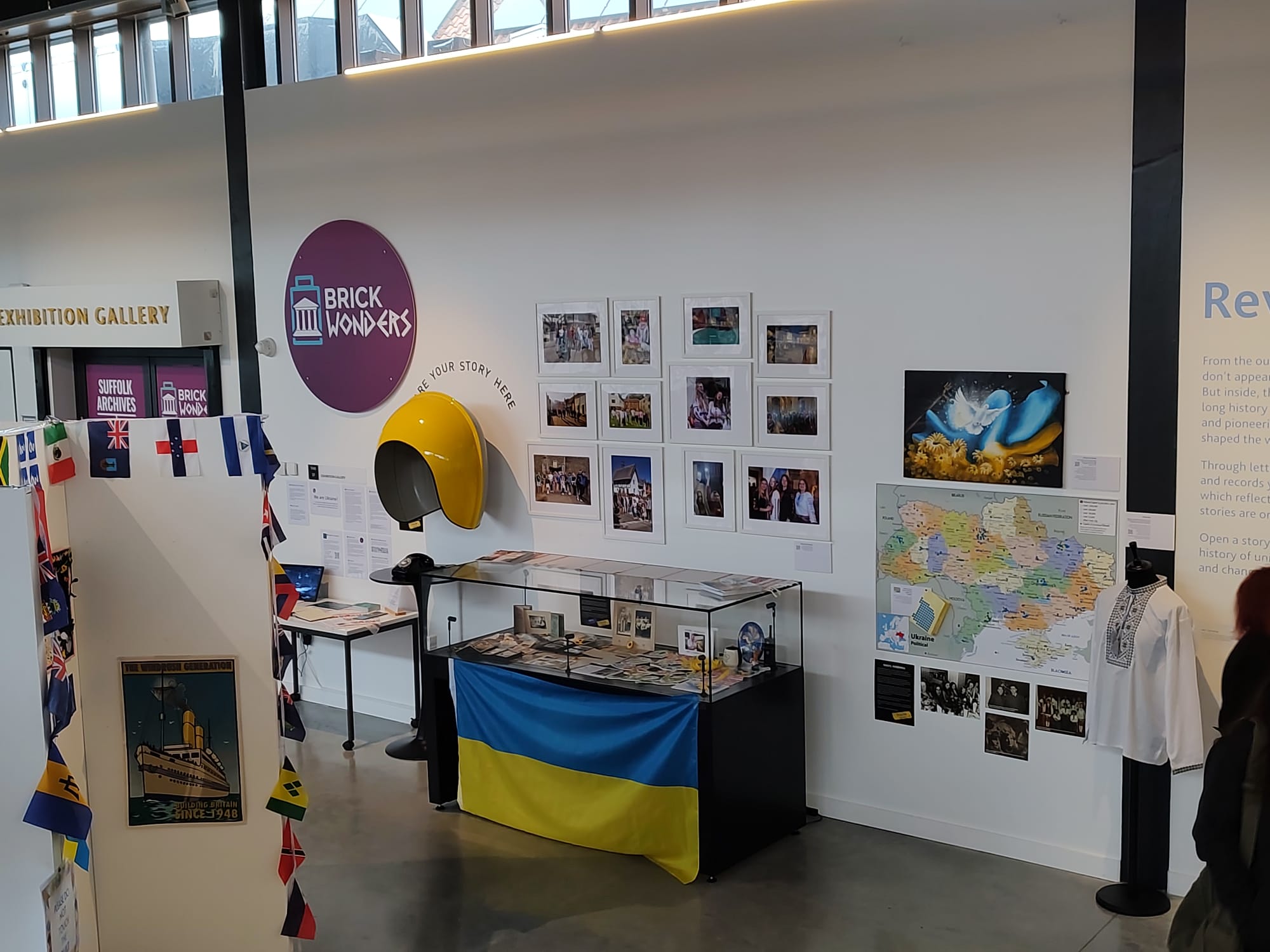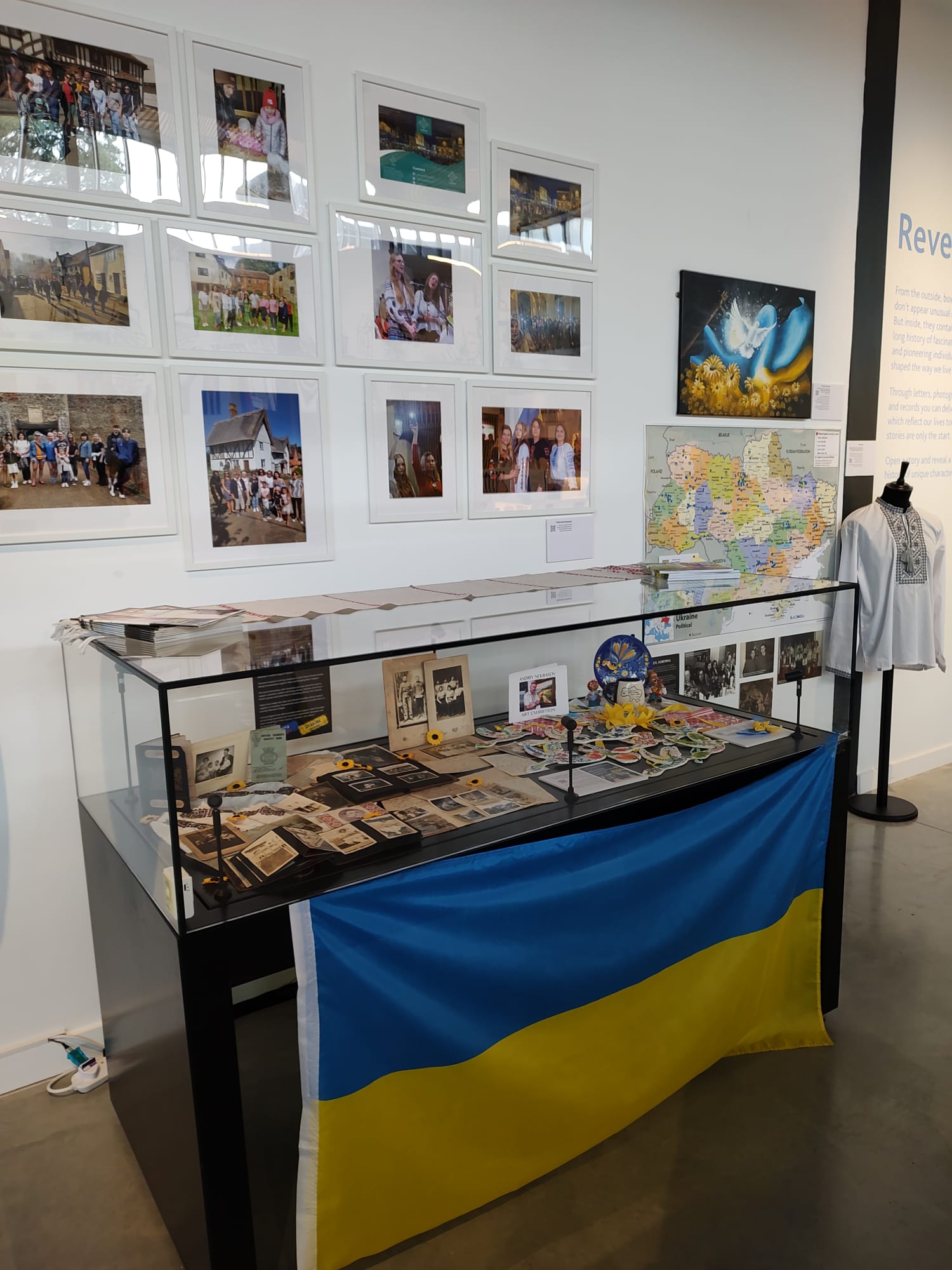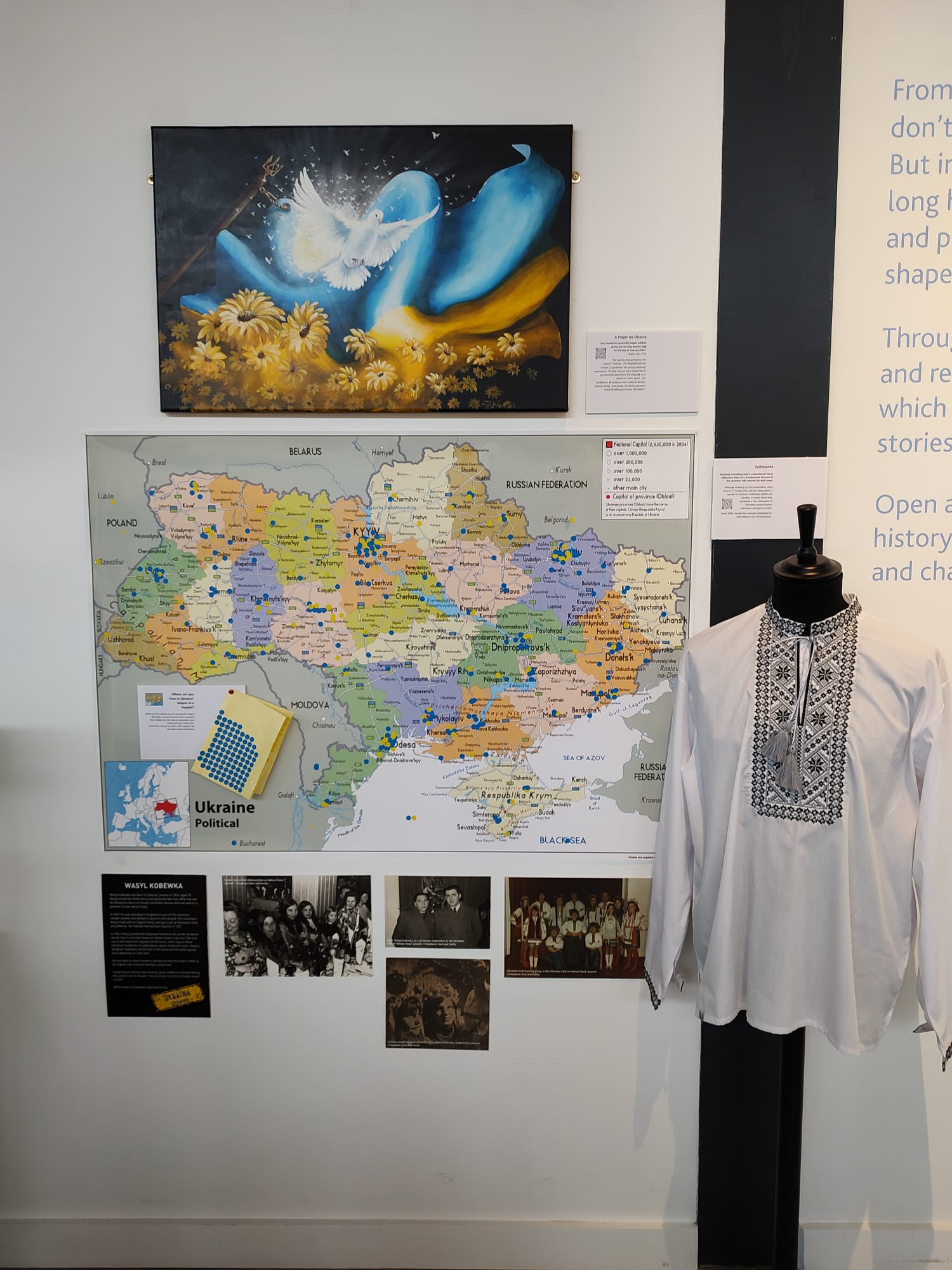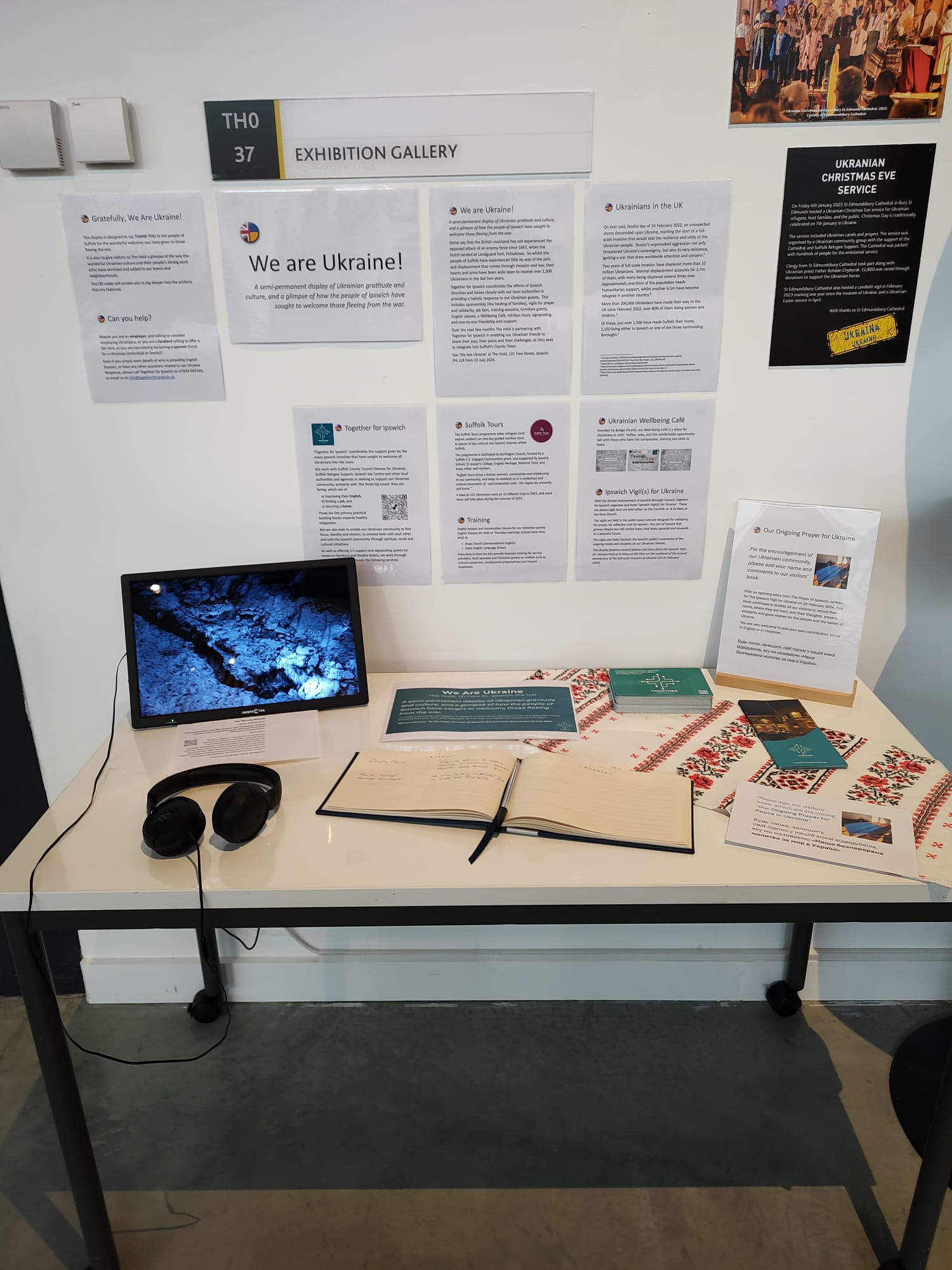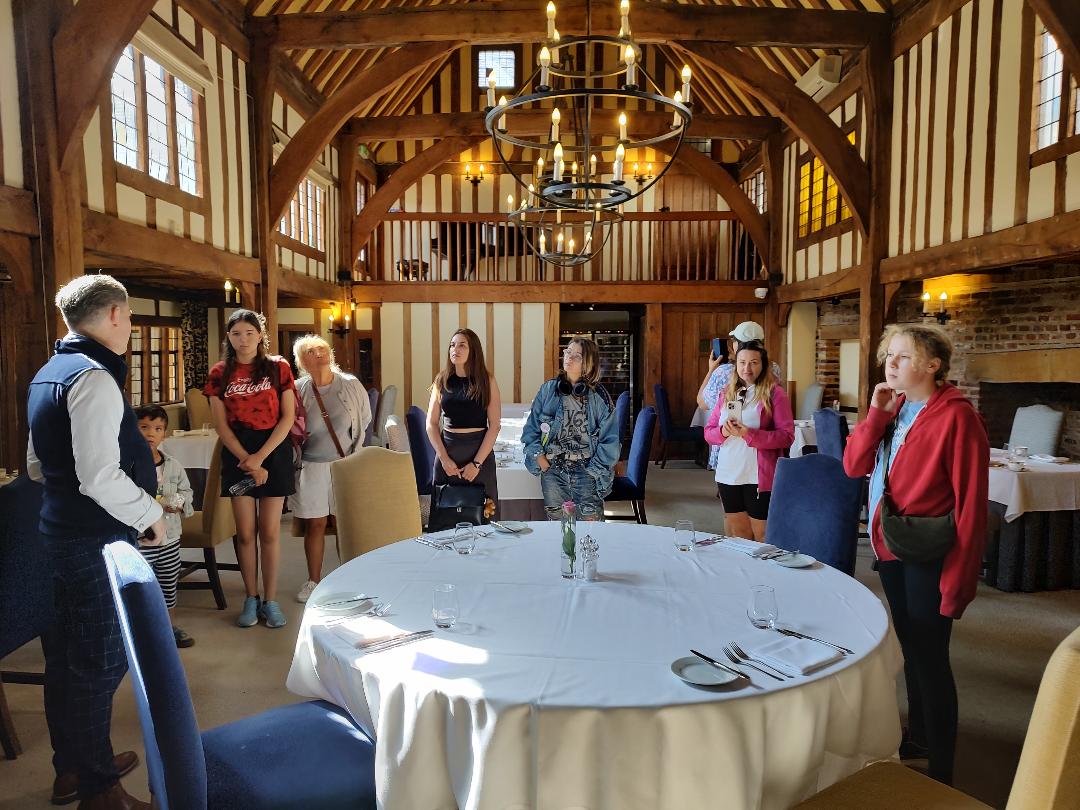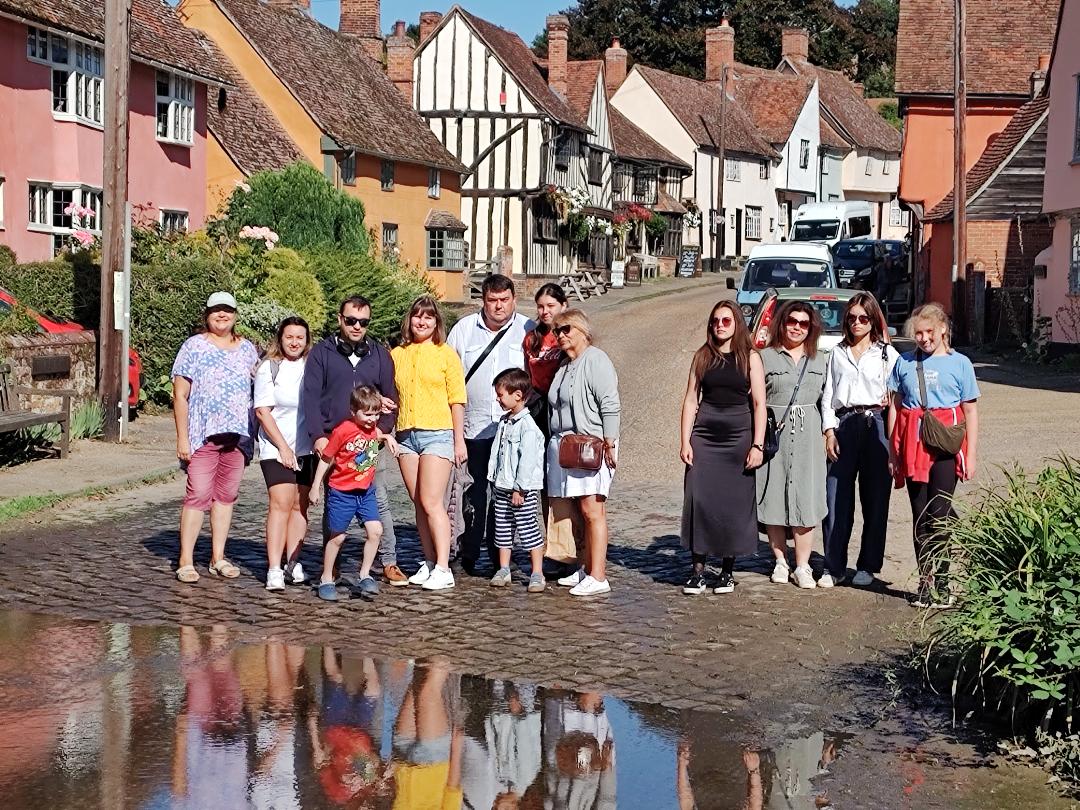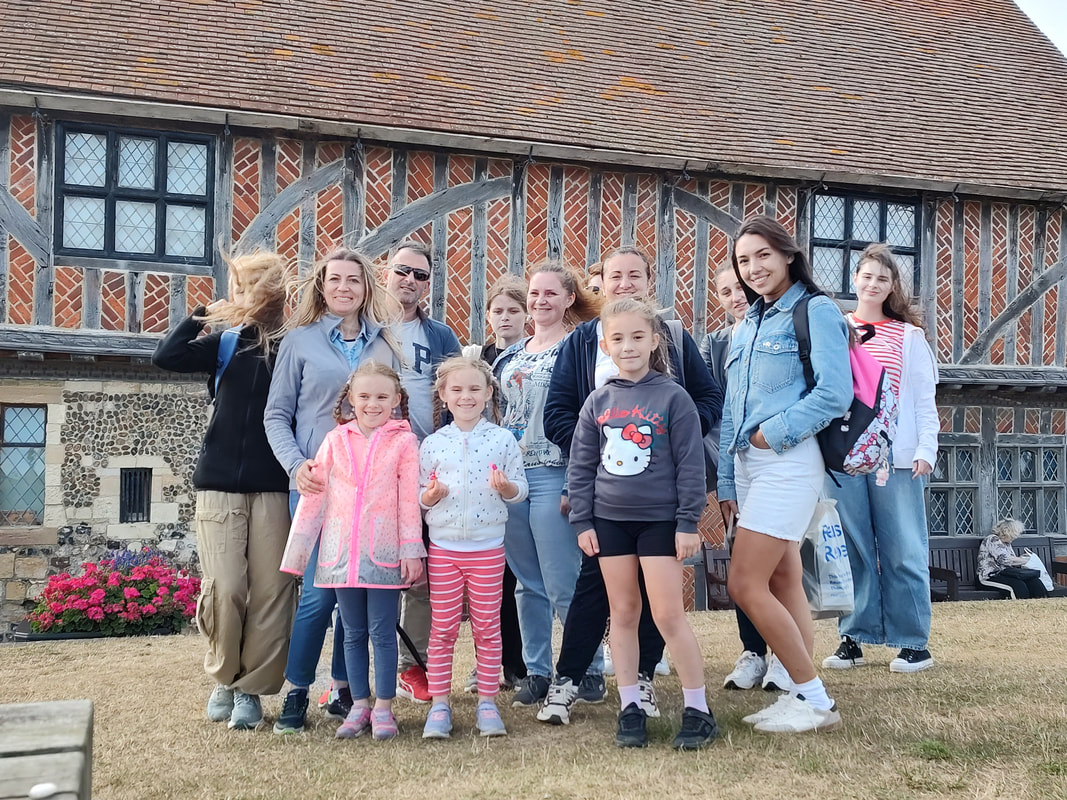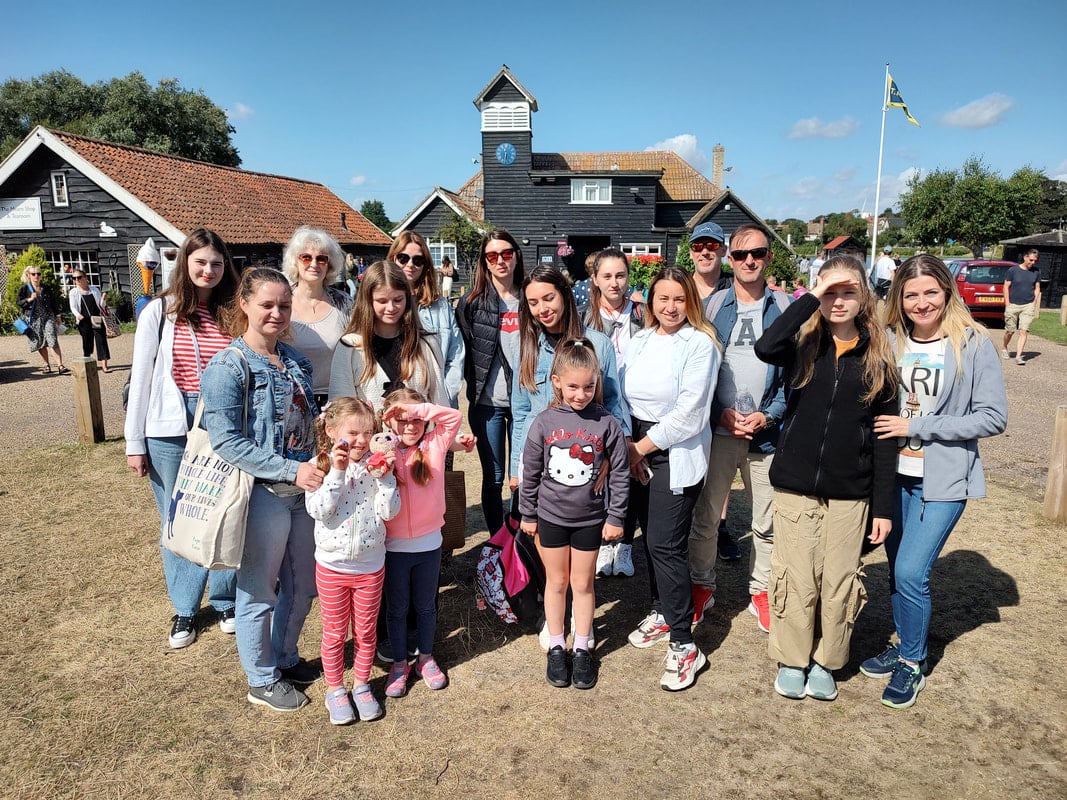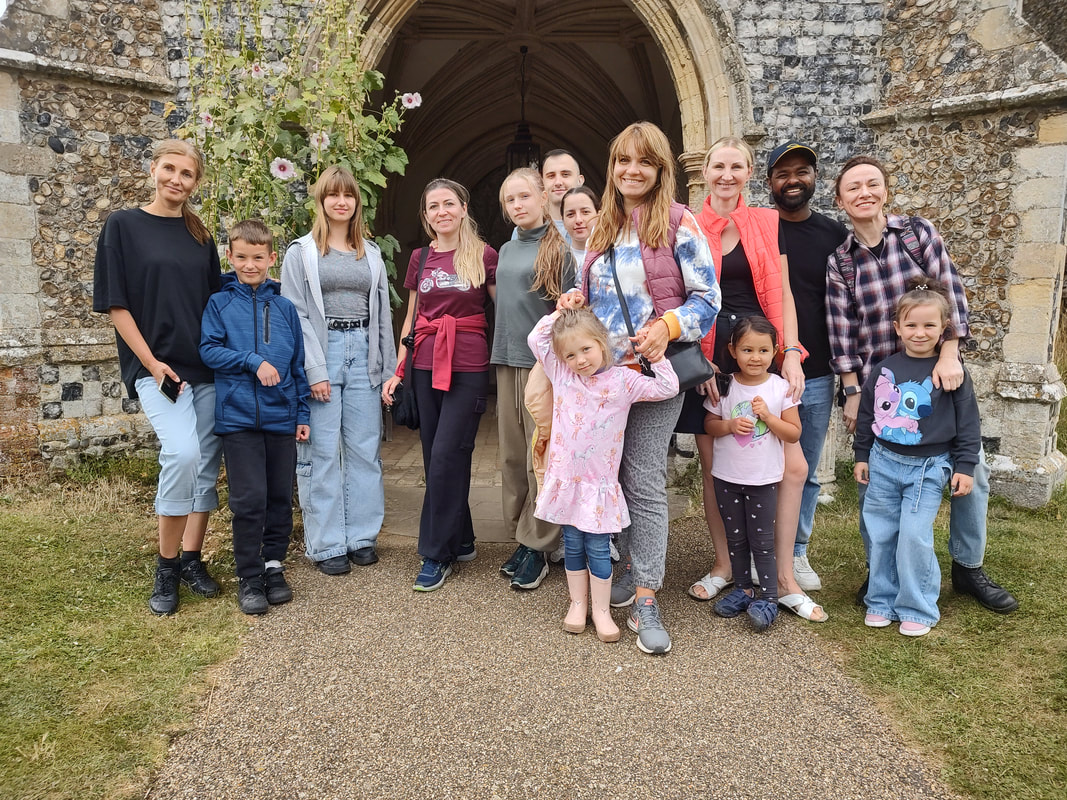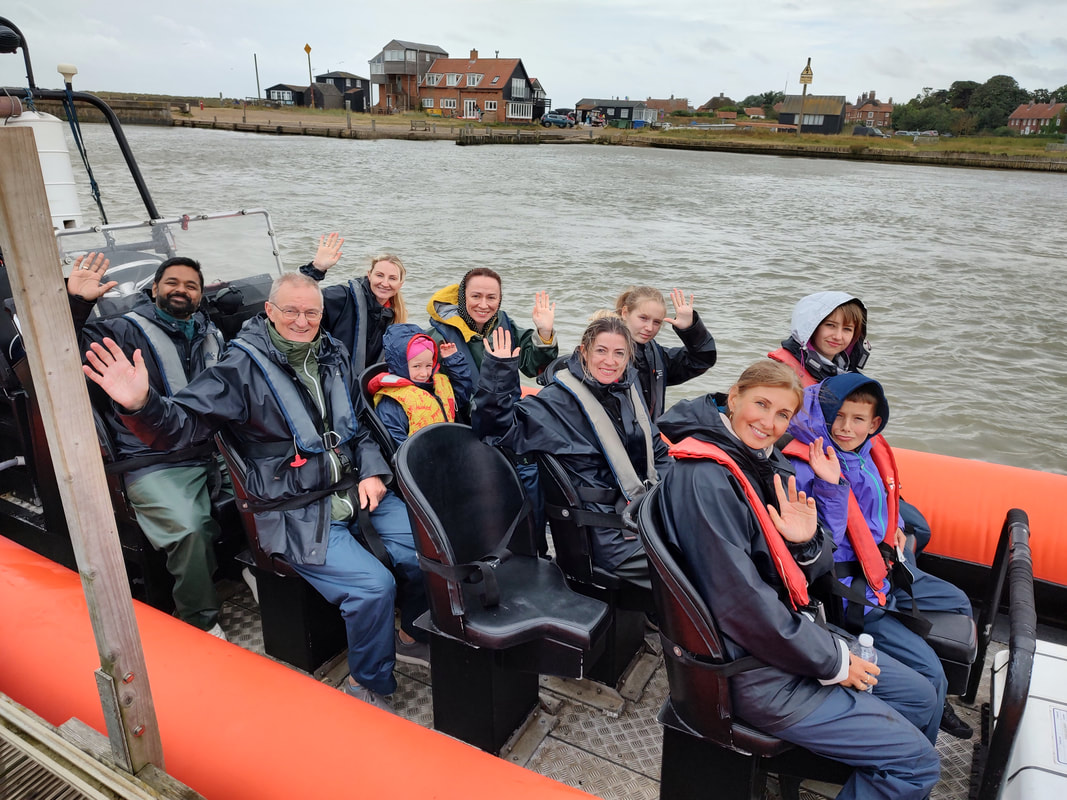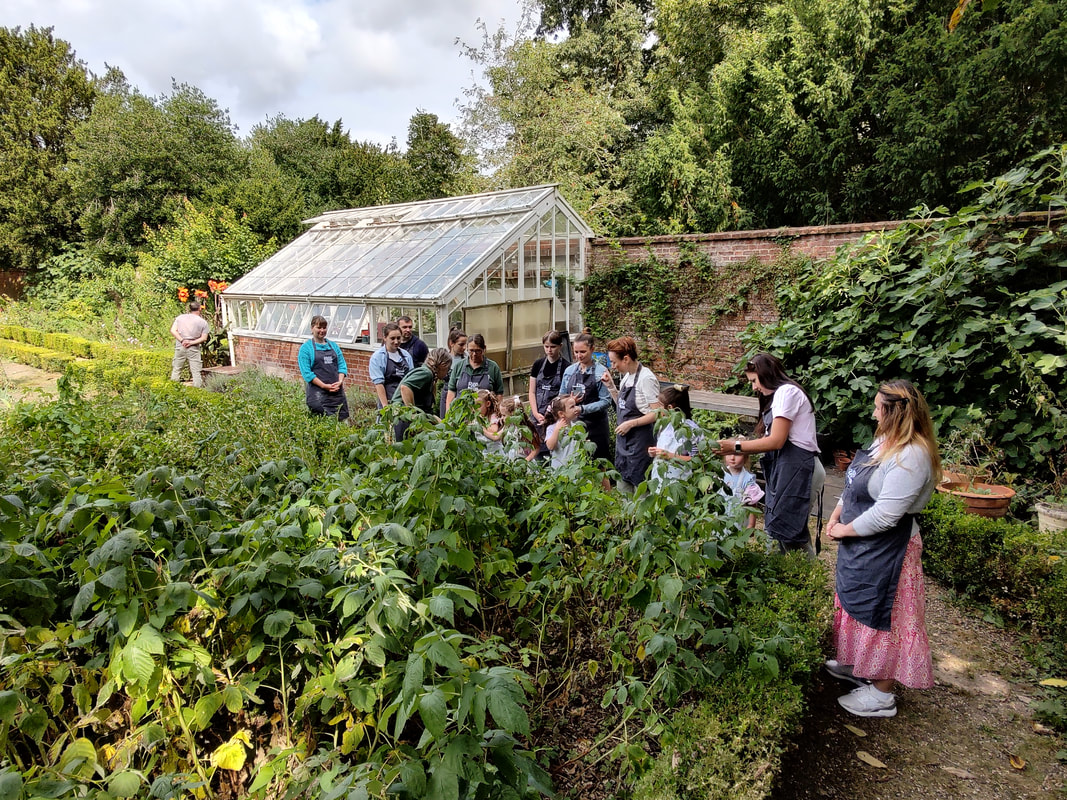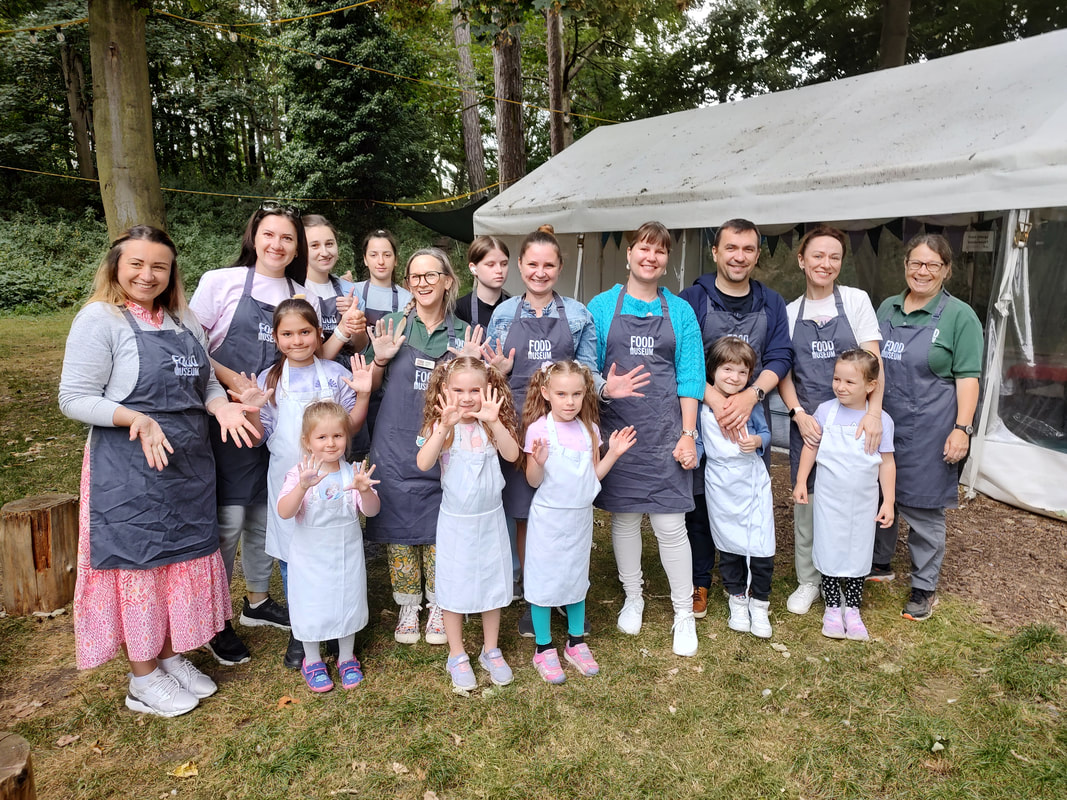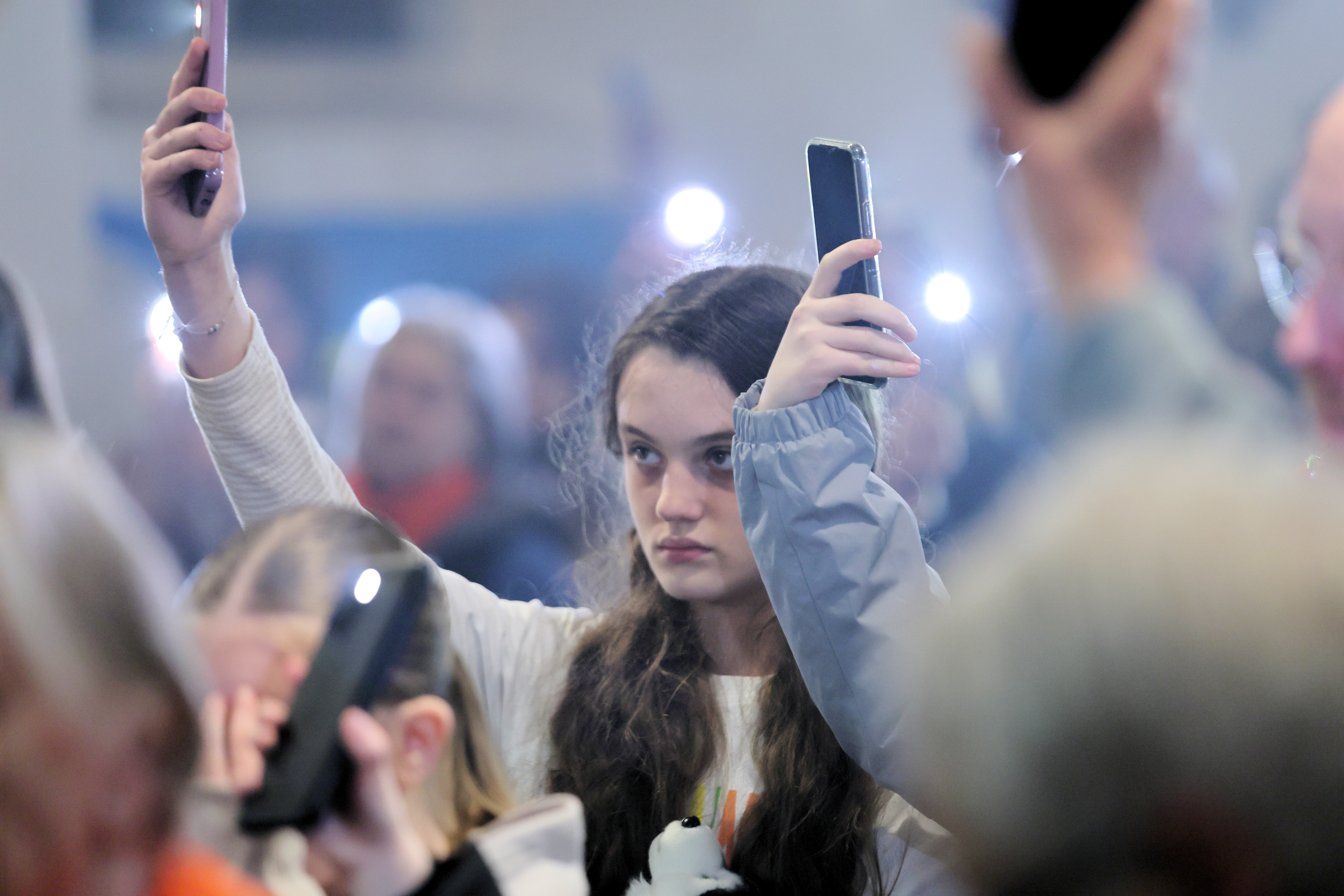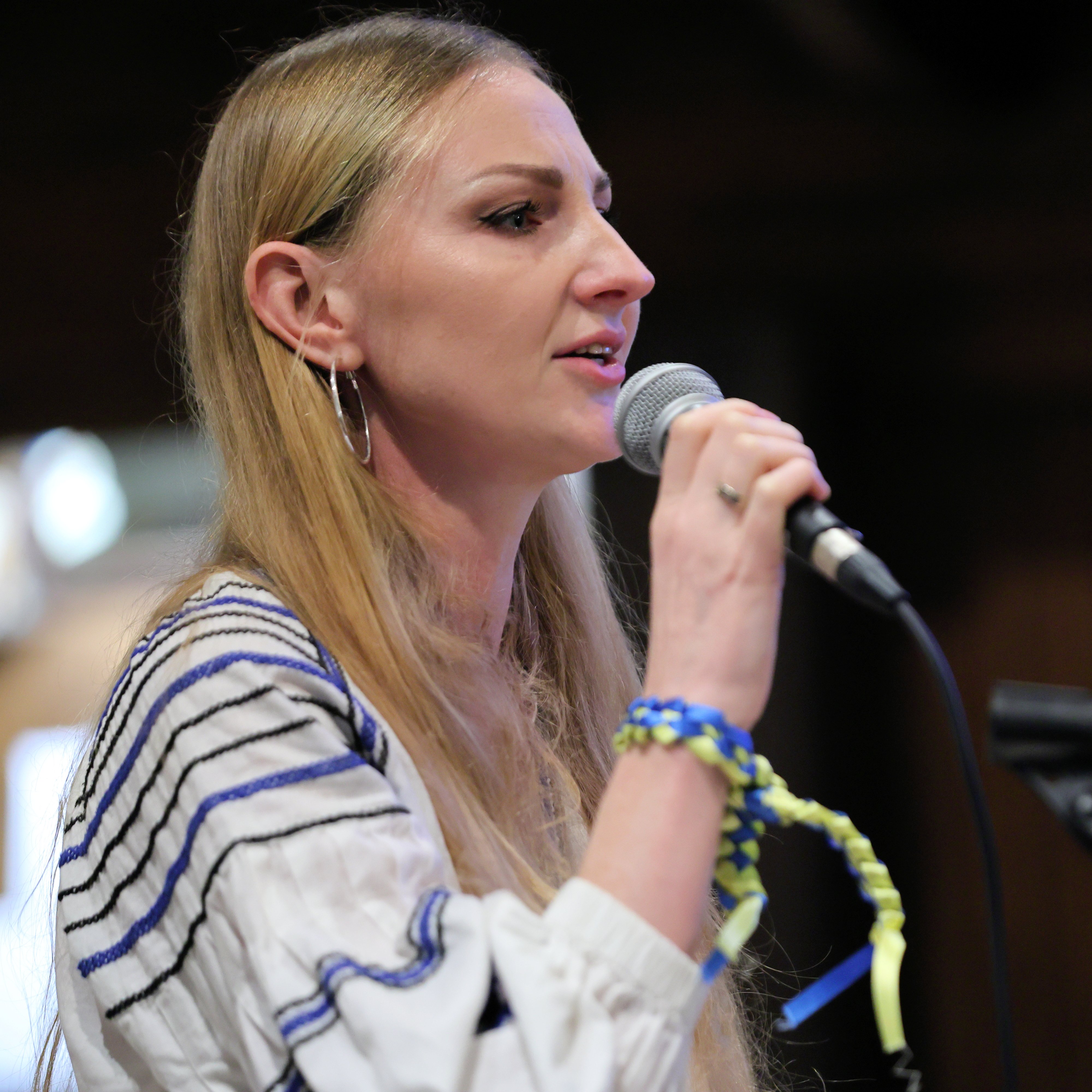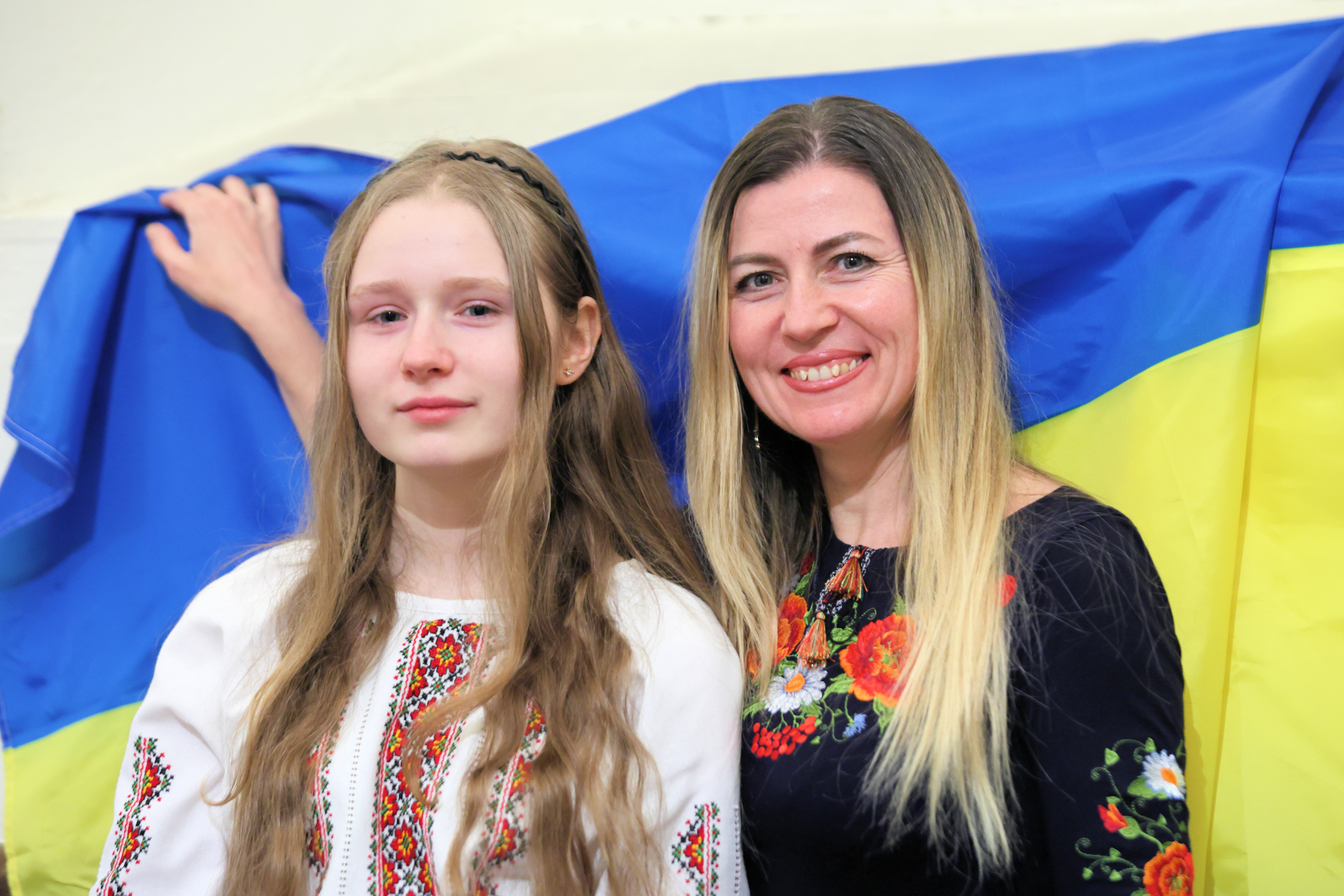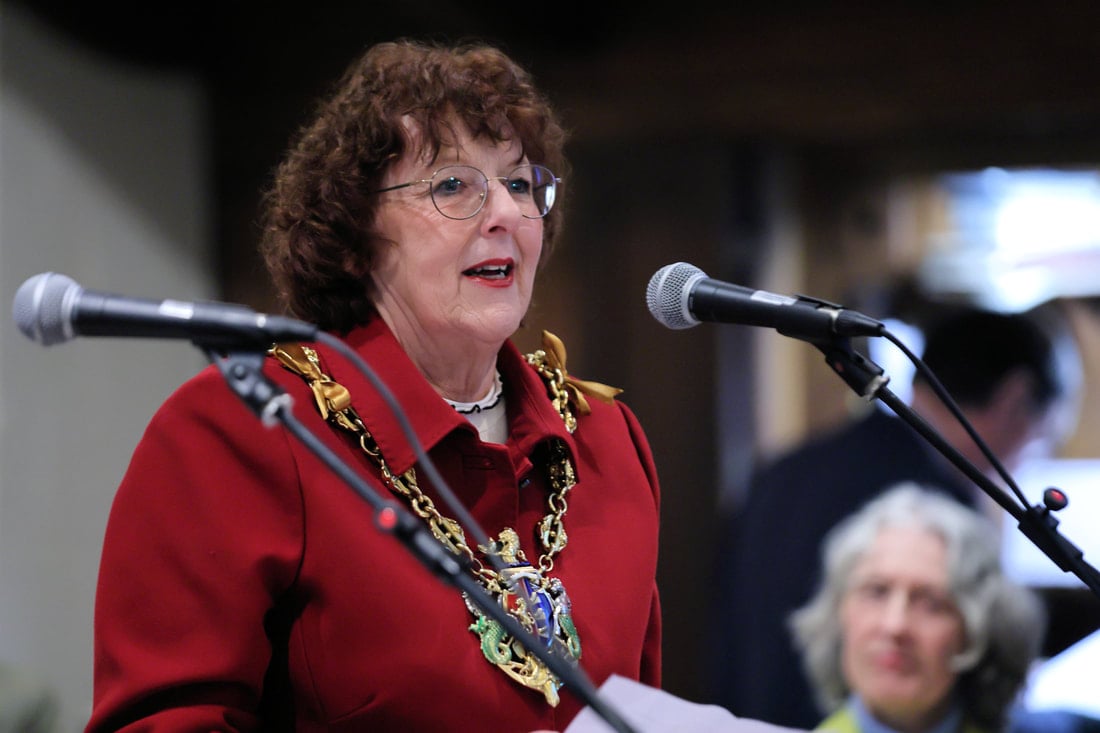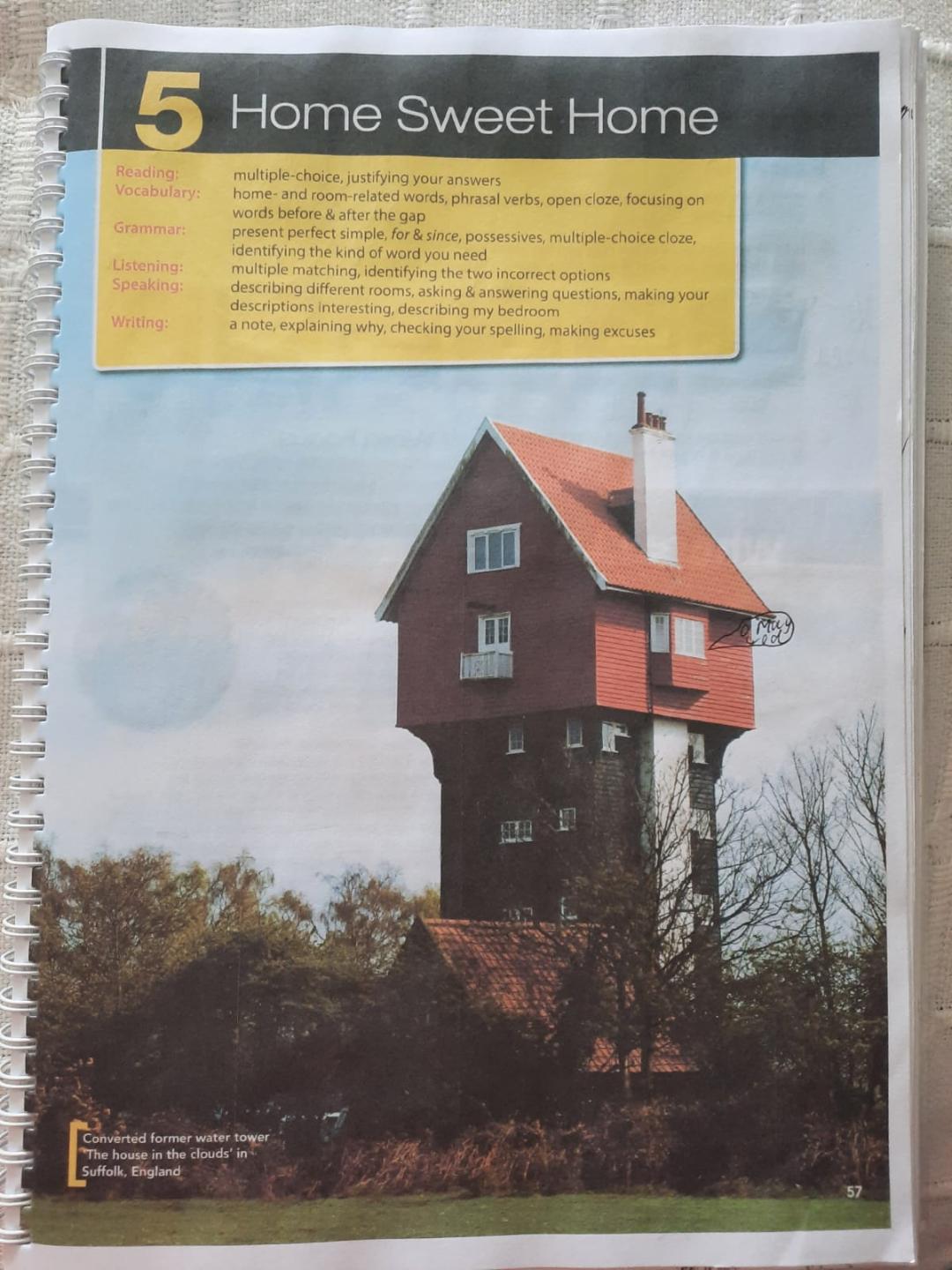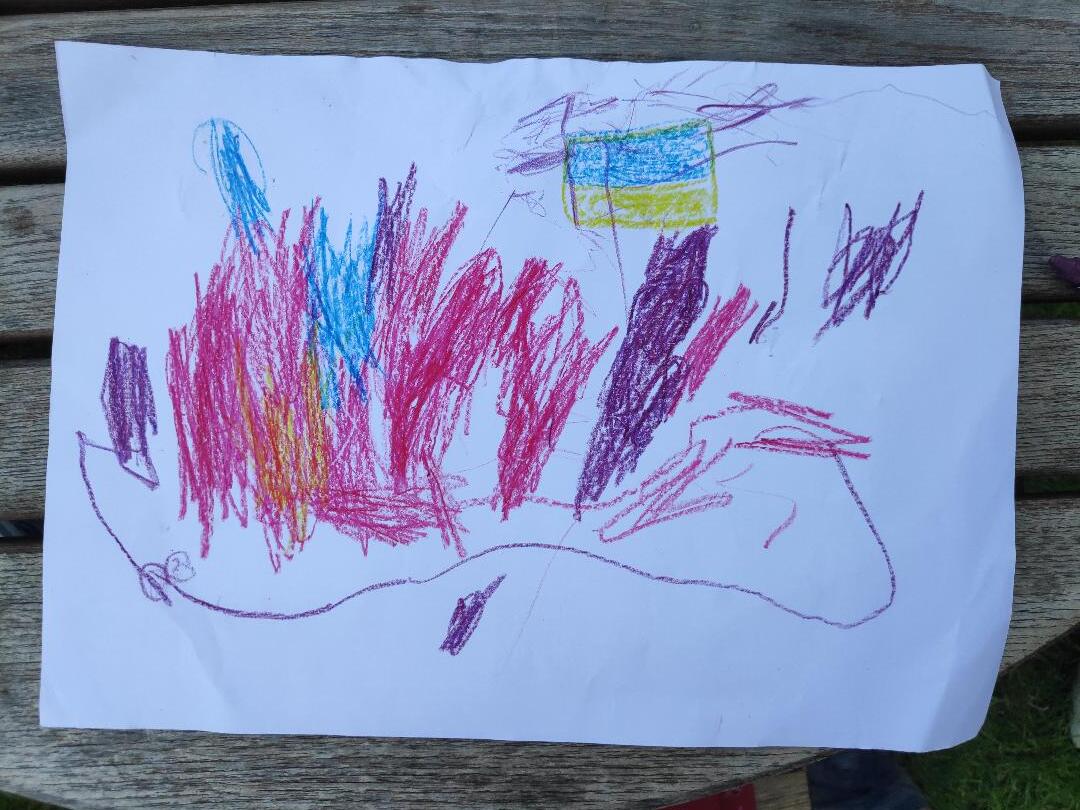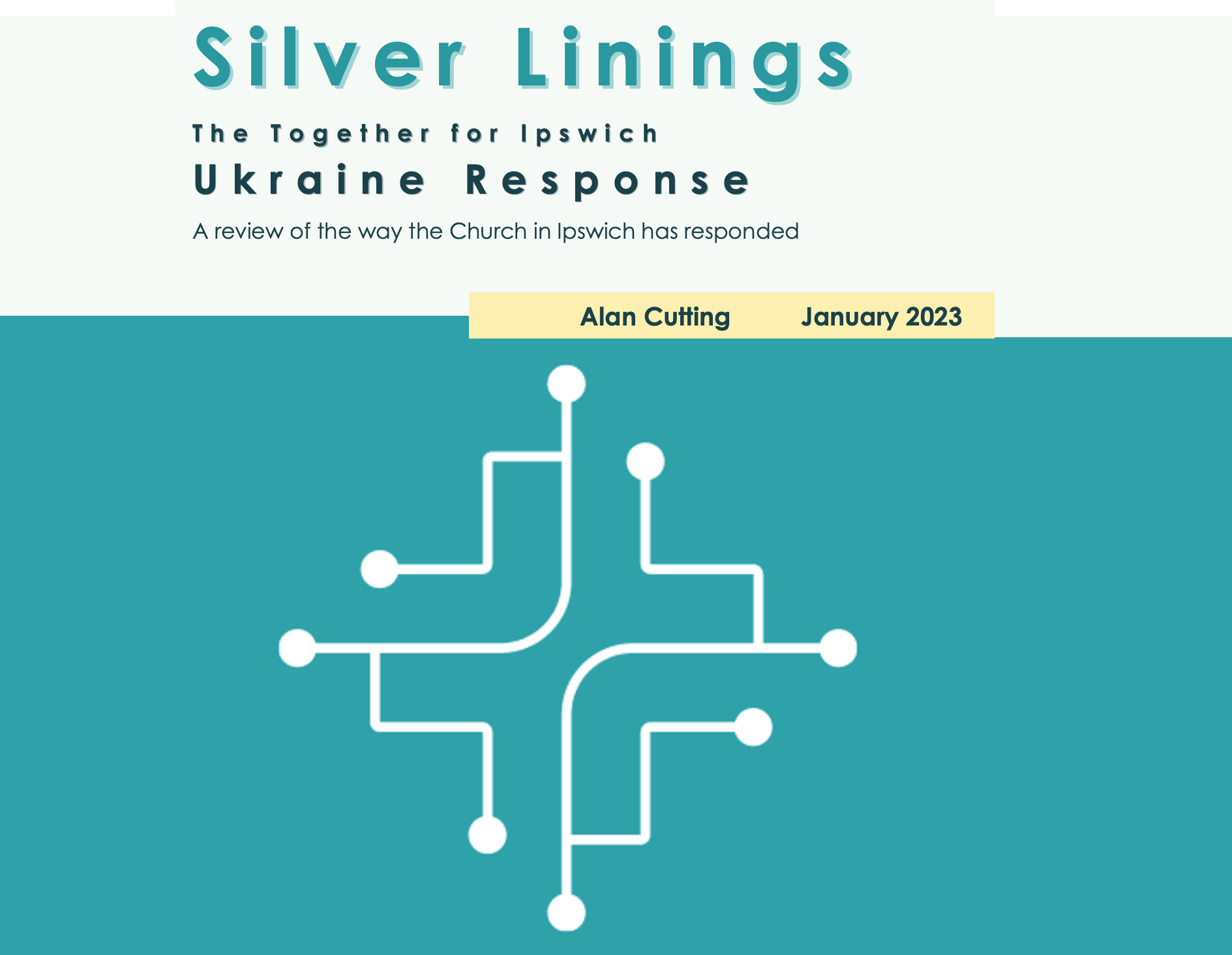Suffolk Tours - 2024
by Alan Cutting
Funded by Suffolk County Council Engaged Communities, hosted by Burlington Church and supported by Together for Ipswich, by the end of summer 2024 we had delivered a total of nineteen minibus tours around Suffolk (and to Cambridge). These tours are for the encouragement and integration of those who have fled violence and war and made Suffolk their home.
During July and August 2024 we conducted six tours for Ukrainians, for which we received 197 applications. The 90 successful applicants included 48 women, 8 men and 34 children, and the tours were called:
‘Castles and Forests’ (travelling to Framlingham, Orford and Rendlesham)
‘Lost City’ (Leiston Abbey, Dunwich, Dunwich Heath)
‘Food-lovers’ (Stowmarket Food Museum and Bury St Edmunds)
‘Further up the Coast’ (Southwold, Blythburgh, Walberswick)
‘House in the Clouds’ (Snape, Aldeburgh, Thorpeness)
‘Ancient Villages’ (Kersey, Lavenham, Long Melford)
Highlights included discovering Ed Sheeran’s ‘Castle on the Hill’ in Framlingham, finding the last surviving gravestone on the clifftops overlooking the lost city of Dunwich, making (and eating) wood-fired pizzas at The Food Museum, taking a speed boat ride in very choppy waters off Southwold, rowing The Meare at Thorpeness, and meeting another group of Ukrainians whilst visiting the ‘Harry Potter’ houses in Lavenham.
“Hi. My name is Tetiana. I live in Ipswich under the programme ‘Homes for Ukraine’. I am here alone without relatives. These excursions are an opportunity for me, not only to get to know places in England, but also to see and communicate with Ukrainians. And this is very important when a person is always alone with their thoughts.
I want to express my gratitude for the opportunity to stop thinking about the war in my country for a while. Thank you for the opportunity to receive positive emotions and good memories, which are known to heal the soul and give strength to live and move on. May God richly bless you and your families.”
Text Alan on 07834 693144 for details of possible future tours during the Autumn, 2024.
